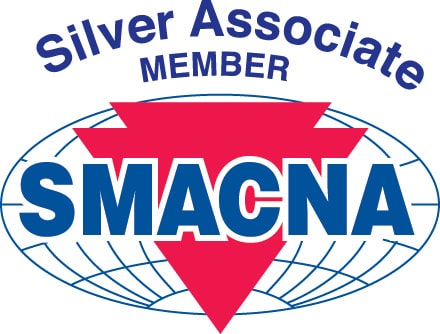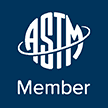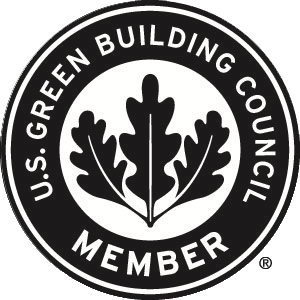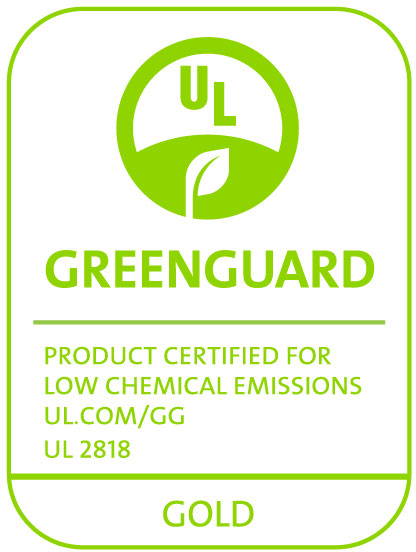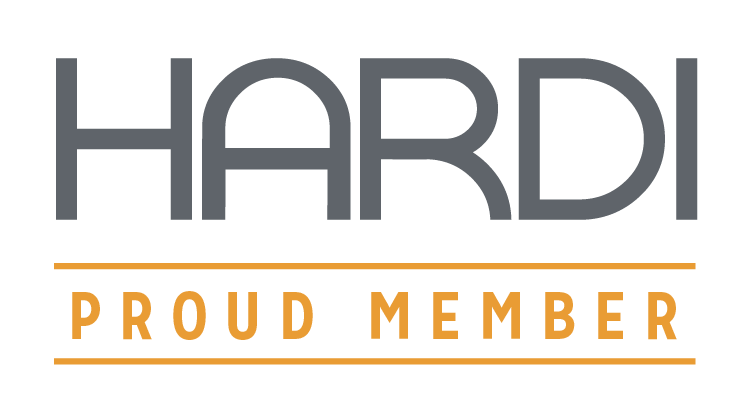In the realm of industrial materials and applications, adherence to recognized standards is crucial for quality, safety, and efficiency. ASTM International standards are globally acknowledged benchmarks in this regard. This blog post will explore three specific ASTM standards: D1056, C534, and C795, each serving unique roles in their respective domains.
ASTM D1056: For Flexible Cellular Materials
Overview of ASTM D1056
ASTM D1056 specifies standards for flexible cellular materials, such as sponge or expanded rubber, excluding latex foam rubber and ebonite cellular rubber. These materials are widely used in automotive applications, weather stripping, and various padding in industrial and consumer products.
Applications and Importance
Such materials are integral in numerous industries due to their flexibility, durability, and environmental resistance. To understand more about how these materials are used in practical applications, visit our product codes page.
Key Specifications
ASTM D1056 classifies materials based on type, class, and grade, determined by properties like oil resistance and compression deflection. For a comprehensive understanding of these classifications and how they impact product selection, explore our detailed technical bulletins.
ASTM C534: For Elastomeric Cellular Insulation
What is ASTM C534?
ASTM C534 covers standards for preformed flexible elastomeric cellular thermal insulation. This type of insulation is vital in mechanical systems, including HVAC applications.
Significance in Energy Conservation
Proper insulation is key to conserving energy. ASTM C534 ensures that insulation materials effectively minimize heat loss or gain, contributing to energy efficiency. For an in-depth look at energy conservation through insulation, check out our sustainability page.
Key Specifications
This standard outlines the composition, thermal performance, and physical properties of insulation. For more information on how these standards apply to specific products, particularly in HVAC systems, visit our HVAC equipment insulation section.
ASTM C795: Compatibility with Austenitic Stainless Steel
Overview of ASTM C795
ASTM C795 specifies requirements for thermal insulation in contact with austenitic stainless steel, critical in sectors like food processing and pharmaceuticals.
Importance for Material Safety
The focus of ASTM C795 is to prevent stress corrosion cracking in stainless steel caused by insulation materials. For further reading on ensuring the safety and compatibility of insulation materials, our insulation adhesives and austenitic stainless steel article provides valuable insights.
Key Specifications
The standard mandates that insulation materials must not contain compounds inducing corrosion in stainless steel. To learn more about the specifications and selection of appropriate materials, refer to our certifications page, which includes information on various standards compliance.
Conclusion
ASTM D1056, C534, and C795 standards each play a critical role in their respective fields. ASTM D1056 ensures the quality of flexible cellular materials, ASTM C534 guarantees effective thermal insulation, and ASTM C795 ensures the compatibility and safety of insulation materials with austenitic stainless steel. By adhering to these standards, industries can maintain quality and reliability in their processes. For further exploration of these and other related topics, visit our comprehensive news and blog section.




